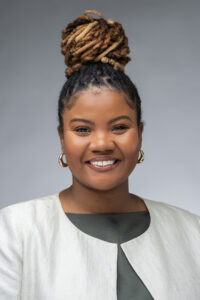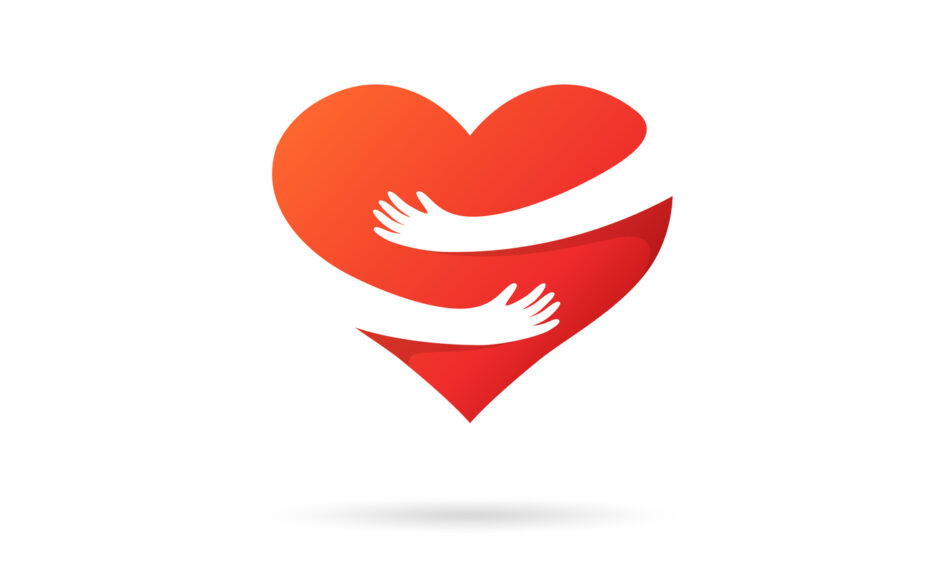“What goes on four legs in the morning, two legs in the afternoon, and three legs in the evening?
A man: he crawls as a baby, walks on two legs as an adult, and walks with a cane in old age.”
I always knew this day would come. The day when I would become a parent to my mother, a retired high school foreign language teacher. For 45 years, my mother gave her best years to teaching children in the Washington, D.C., and Montgomery County Public School (MCPS) systems. But during her last few years of teaching, things started to slow down for and around her.
We can’t place when it first started, we just know her quarterly responsibilities as a teacher became difficult to maintain. In March 2020, when the COVID-19 pandemic forced businesses and schools to shutter, we believe that’s when the change may have hit home for Mom. Like most schools around the world, her school board immediately required distance learning for all students. Initially, this wasn’t too difficult. Mom only needed to photograph textbook assignments and post worksheets and the assignments to an online education board.
But fast forward to November 2022. The pandemic reached a plateau, and distance learning and social distancing were no longer mandated in schools. We were living a “new normal,” but Mom’s memories were becoming fuzzy. Today, her memory still isn’t as sharp as it used to be and sometimes it’s hard for her to remember certain details about what happened the day before. Other days she’s stressed and lethargic and in need of long breaks.
Stepping into the role as caregiver for Mom has, at times, been difficult, but I’ve devoted myself to caring for my mother. Many Eastern cultures view this role reversal as honorable. In fact, there’s a term for it. Filial piety. It is a Confusion concept derived from Chinese culture that advocates a set of moral norms, values, and practices of respect and caring for one’s parents. This devotion to and caring for one’s parents and ancestors is deeply ingrained in these cultures and is often regarded as one of the most important virtues and cornerstones of family values and social harmony.
But as I navigate my new normal, our new reversed role normal, I can’t help but notice the toll caretaking has not only on the elderly parent, but on the caregiver as well. It’s been noted that caregivers experience higher levels of stress, anxiety, and depression when caring for an older relative or friend. There are times when Mom asks me the same sequence of questions repeatedly, and sometimes during the same conversation or over the course of a few days. When this happens, I am overwhelmed at the reality of where we both are, and overwhelmed with the reality that Mom can’t process information the same way she used to and that I may have to remind her more than once.
I often wonder if I could have done more sooner. To be transparent, I wish I could have seen this coming. I wish I would have noticed Mom’s decline sooner. And if I would have noticed sooner, then I could have encouraged her to get checked sooner. But I’m learning, these exhausting cycles of wondering are destructive, as we cannot change the past, but can only look to today and be present here and now.
To help alleviate my stress and to adjust to my role as Caretaker, I’ve taken up yoga and writing. They help keep me centered and grounded so that I’m able to show up as my best self at work, for Mom, and for myself. I started practicing yoga about a year ago and now I practice at least three times per week. I’ve always been a writer and a performer, but due to the business of life, I stopped performing as much. But recently, I began writing and performing again – writing about my emotions and giving them permission to live outside of my mind and body.
I make time for these practices because, if anything, caretaking has taught me the importance of being proactive about my own health. I’ve also learned the value of community. There’s the proverb, “It takes a village to raise a child.” That’s also true for the elderly. It takes a village to care for our older adults.
Mom and I have been fortunate to receive help from a colleague of Mom’s who recently retired from the MCPS and is helping Mom to navigate her retirement, as I had no idea about how or where to begin. She also takes Mom to doctors’ appointments when I cannot. Working a full-time consulting job, it’s sometimes hard to continually take time away from work, so I’m grateful to have this assistance.
One of the most surprising facts I learned about elderly care is how essential this kind of help and care will be in the future. Neighborly Home Care found that as a result of people living longer than in previous generations, the number of older adults who will need care will continue to rise. In 2011, the population of people aged 85 and above was around 5.7 million. However, it is estimated that by 2040, that segment of people is expected to triple to 14.1 million.
To the younger generations, I encourage you to honor our elderly by simply showing up and caring for them. I also advise you to prepare now for your future by partaking in preventive care and putting plans in place for it. To my fellow caregivers, logistically, I advise you to keep a personal record of your relative’s prescriptions, receipts, and doctor’s notes so that you have everything documented for easy access as necessary. For psychological and physical support, I encourage you to build a community around you and your elderly parent or relative. It’s important to have emotional support for you and physical support to help pick up the load when you feel stressed and overwhelmed.
While it can be difficult navigating these new norms, there are upsides. Personally, I carry this responsibility with honor. This new normal has given Mom and me the opportunity to bond – the relationship we have today is stronger than it’s ever been before. It has given me the opportunity to get to know Mom from a new perspective and to grow and mature spiritually. After she came to one of my yoga classes, we started practicing together. I’m hoping she’ll join me for more. I’m learning how much she enjoys moving her body as much as I do. Body movement, as it is for me, is her place of solace and peace.
I view this season as a blessing for both of us. The time we share with our aging loved ones is the most precious of all. It helps me to remember this when the stresses of the every day and the work day, coupled with the caregiving and slivers of self-care time, are all competing for my attention. But today is the time I, we, have now in the physical, to make the end of their lives just a little bit easier, and in the process, we ourselves grow in grace through the humility of our caregiving.
 By: Imani Shipp, Acquisition Analyst
By: Imani Shipp, Acquisition Analyst
Co-Written By: Juania Owens, Investment Analyst Lead

